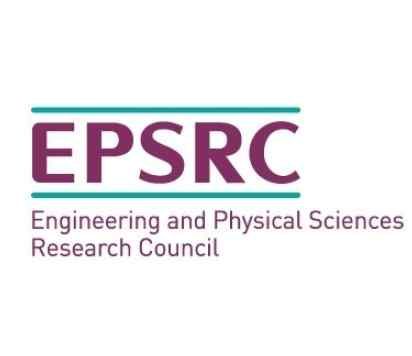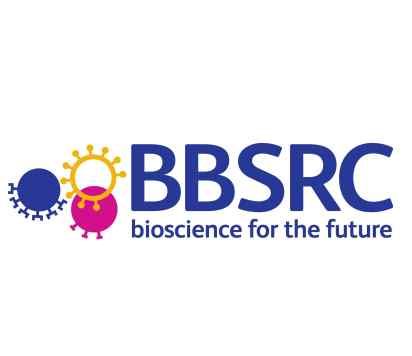BibTex format
@article{Sattayawat:2020:10.1073/pnas.1914069117,
author = {Sattayawat, P and Yunus, IS and Jones, PR},
doi = {10.1073/pnas.1914069117},
journal = {Proceedings of the National Academy of Sciences of USA},
pages = {1404--1413},
title = {Bioderivatization as a concept for renewable production of chemicals that are toxic or poorly soluble in the liquid phase},
url = {http://dx.doi.org/10.1073/pnas.1914069117},
volume = {117},
year = {2020}
}
--tojpeg_1522044096750_x4.jpg)
--tojpeg_1526077187403_x1.jpg)



--tojpeg_1521994555607_x4.jpg)




